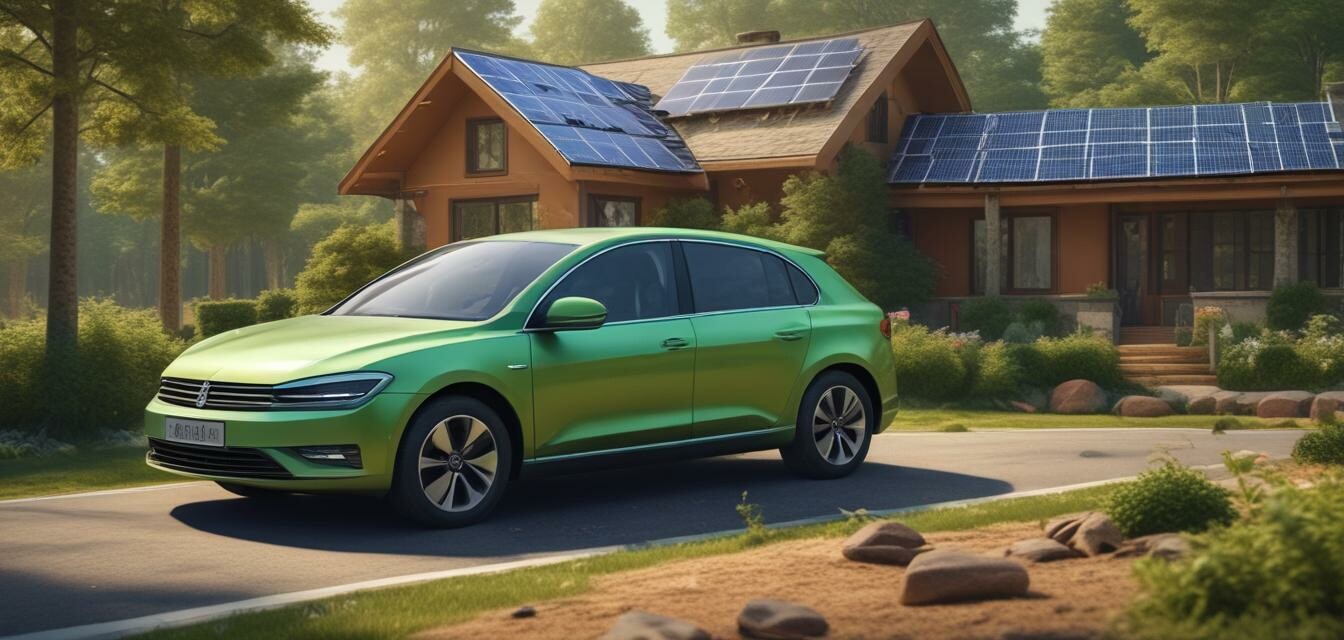
Key Considerations for Electricians in a Green Future
Key Takeaways
- Sustainability is becoming a norm in the electrical industry.
- Investing in eco-friendly materials and practices can enhance business viability.
- Awareness of evolving technologies is crucial for electricians.
- Continuing education and training can keep electricians competitive.
- Embracing renewable energy can lead to new business opportunities.
The shift toward sustainability is not just a trend; it’s becoming a necessity in the electrical field. As regulations tighten and consumer demand for green solutions rises, electricians must adapt to these changes. This article discusses the importance of sustainability and looks at various practices and technologies that electricians can leverage to stay ahead in a greener future.
The Importance of Sustainability in the Electrical Field
Sustainability encompasses a wide range of practices aimed at reducing environmental impact. In the electrical industry, this often means the adoption of eco-friendly materials, energy-efficient products, and innovative technologies. Here are a few reasons why sustainability is important:
- Regulatory Compliance: Governments worldwide are implementing stricter regulations related to energy consumption and waste management.
- Consumer Demand: Customers are increasingly seeking out sustainable products and services.
- Competitive Edge: Businesses that embrace sustainability may have a significant advantage over competitors who do not.
- Long-term Savings: Utilizing energy-efficient solutions can reduce costs for both electricians and their clients.
Emerging Sustainable Technologies
Staying current with emerging technologies is vital for electricians. Here are some innovations reshaping the industry:
| Technology | Description | Impact |
|---|---|---|
| Smart Grids | Infrastructure that optimizes electricity use and integrates renewable sources. | Improves energy distribution and reduces waste. |
| Solar Energy Systems | Installation of solar panels for harnessing sunlight into electricity. | Helps reduce reliance on fossil fuels. |
| Energy Storage Solutions | Battery systems designed to store excess energy for later use. | Enhances energy reliability and efficiency. |
| LED Lighting | Energy-efficient lighting options compared to traditional bulbs. | Significantly lowers electricity consumption. |
Eco-Friendly Materials and Practices
Incorporating sustainable materials into projects is essential. Here are some eco-friendly materials electricians should consider:
- Recycled Wiring: Reduces waste and resource consumption.
- Low-VOC Paints: Enhances indoor air quality while minimizing environmental toxicity.
- Sustainable Wood Products: Sourced from responsibly managed forests.
- Non-Toxic Sealants: Safe for both users and the environment.
Training and Education for Electricians
Continued education is paramount in adapting to a green future. Opportunities for electricians include:
- Workshops on renewable energy technologies
- Online courses focused on sustainability practices
- Certifications in green building and energy efficiency
- Industry conferences showcasing new products and technologies
Green Building and Energy Efficiency
The rise of green building practices has transformed how electricians approach projects. Familiarity with energy-efficient designs can be a game-changer, paving the way for new business opportunities. Understanding concepts like passive solar design, energy-efficient HVAC systems, and sustainable insulation is vital. Electricians can play a pivotal role by:
- Advising on energy-efficient installations
- Implementing smart home technologies for better energy management
- Collaborating with architects and builders on eco-friendly projects
Utilizing Renewable Energy Sources
As the world shifts toward renewable energy, electricians should consider becoming specialists in solar, wind, and geothermal systems. Each renewable source carries unique benefits:
| Energy Source | Benefits | Considerations |
|---|---|---|
| Solar | Widely available, scalable, and reduces electricity bills. | Initial installation cost can be high, requires space. |
| Wind | Renewable with low operational costs. | Location-dependent, may require permits. |
| Geothermal | Efficient heating and cooling solutions. | High upfront costs, suitable for specific geographical areas. |
Conclusion: A Future Built on Sustainability
The demand for eco-friendly practices and materials is here to stay, and electricians must adapt to thrive in this changing landscape. By embracing sustainable technologies, continuing education, and promoting renewable energy sources, electricians can not only enhance their careers but also contribute to a healthier planet. As you look toward the future, consider exploring our other resources on buying guides or stay updated on news & trends in the industry.
Pros
- Increased demand for sustainable installation services.
- Access to new markets and business opportunities.
- Enhanced reputation as an eco-friendly electrician.
Cons
- Initial investment in training or materials may be high.
- Staying updated with new technologies can be challenging.
- Potential market competition from larger companies.